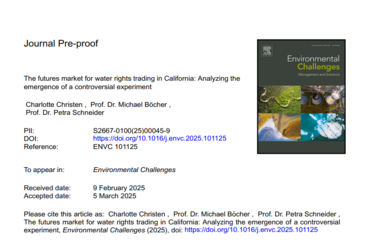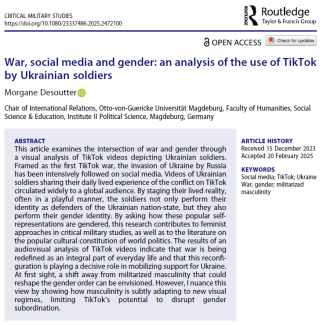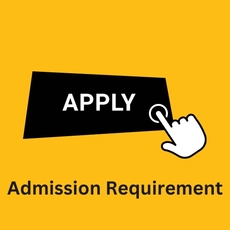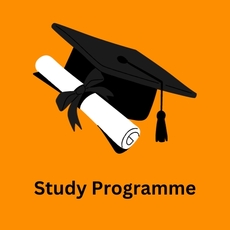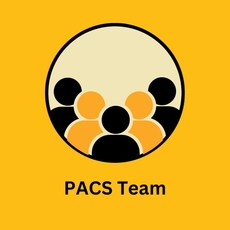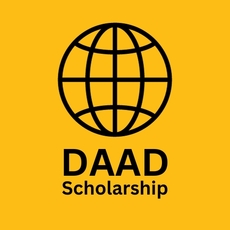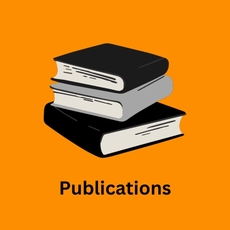News
New Article: The futures market for water rights trading in California: Analyzing the emergence of a controversial experiment
Our colleague Charlotte Christen along with Prof. Dr. Michael Böcher and Prof. Dr. Petra Schneider have published their latest research article in Journal of Environmental Challenges under the title: The futures market for water rights trading in California: Analyzing the emergence of a controversial experiment. https://doi.org/10.1016/j.envc.2025.101125
In this paper they present a qualitative case study of the world's first water futures contract in California, a market that enables hedgers and speculators to bet on water prices
Abstract of the Paper
This paper presents a qualitative case study of the world's first water futures contract in California, a market that enables hedgers and speculators to bet on water prices. It is attempted to explain which factors shaped the emergence of the unique market by applying the Political Process Inherent Dynamics Approach (PIDA), an analytical framework from the field of environmental policy analysis. In addition, the topics of heated debate that have surrounded the new market are summarized and contextualized. To obtain the relevant information, expert interviews, complemented by online sources, were subjected to a Qualitative Content Analysis. It is concluded that the launch of the contract is an extreme case of private business actors shaping water governance, made possible by a longstanding market philosophy in the US, that gives leeway for actors of financialization to create facts. In the political-administrative realm, a lack of accountability and will to interfere seems to prevail. However, nongovernmental organizations (NGOs) and other actors have led efforts to abolish the market, criticizing water futures in ways that resonate with broader debates about privatization and food futures.
Get access to the paper from here
New Article: War, social media and gender: an analysis of the use of TikTok by Ukrainian soldiers
Our lecturer Morgane Desoutter has published her latest research article in Journal of
Critical Military Studies https://doi.org/10.1080/23337486.2025.2472100
In this paper she examines the intersection of war and gender through a visual analysis of TikTok videos depicting Ukrainian soldiers
Abstract of the Paper
This article examines the intersection of war and gender through a visual analysis of TikTok videos depicting Ukrainian soldiers. Framed as the first TikTok war, the invasion of Ukraine by Russia has been intensively followed on social media. Videos of Ukrainian soldiers sharing their daily lived experience of the conflict on TikTok circulated widely to a global audience. By staging their lived reality, often in a playful manner, the soldiers not only perform their identity as defenders of the Ukrainian nation-state, but they also perform their gender identity. By asking how these popular self-representations are gendered, this research contributes to feminist approaches in critical military studies, as well as to the literature on the popular cultural constitution of world politics. The results of an audiovisual analysis of TikTok videos indicate that war is being redefined as an integral part of everyday life and that this reconfiguration is playing a decisive role in mobilizing support for Ukraine. At first sight, a shift away from militarized masculinity that could reshape the gender order can be envisioned. However, I nuance this view by showing how masculinity is subtly adapting to new visual regimes, limiting TikTok’s potential to disrupt gender subordination.
Get access to the paper from here
Internship at the DAAD in Brussels – Insights into European Policy and Project Management
We would like to draw your attention to the opportunity for an internship at the DAAD office in Brussels. The Brussels branch of the German Academic Exchange Service (DAAD) is looking for two motivated interns for the period May 1 to July 31, 2025, focusing on policy work and project management for EU-funded initiatives.
This internship offers valuable insights into European higher education and research policy, collaboration with EU institutions, and the implementation of European projects. Responsibilities include supporting events, conducting research on higher education policy, creating social media content, monitoring EU institutions, and assisting in organising and documenting project meetings.
Requirements:
- Enrolled student in European Studies, Political Science, Humanities, Social Sciences, or a related field
- Interest in European higher education and research policy as well as digital education
- Excellent German and English skills; French or Dutch is an advantage
- Strong organisational skills, teamwork ability, and reliability
The internship is paid (€880 per month). The application deadline is March 16, 2025.
More information and application are in the PDF or on this website: https://karriere.daad.de/job/Praktikum-beim-DAAD-in-Brüssel/813926002/
For any questions, please contact Ms. Verena Holzapfel ().
The DAAD is looking forward to your applications!
Online-Discussion on The 2025 German Federal Election and Its Impact on Europe
Our colleagues from the European Studies Team (EUS) would like to invite you to an online discussion hosted by the Institute for European Politics. The event will focus on the 2025 German federal election and its impact on Europe—covering key topics such as migration and asylum, the Schengen area, economic competitiveness, and the Green Deal. Together with experts, we will explore how the EU was discussed during the election campaign, what expectations France and Poland have for the new German government, and what the future holds for the Weimar Triangle.
The event will take place online on February 26, 2025, from 1:00 to 2:00 PM and will be held in English.
Speakers:
- Prof. Dr. Eva Heidbreder (University of Magdeburg)
- Sophie Pornschlegel (Europe Jacques Delors, Brussels)
- Dr. Maria Skóra (Institute for European Politics, Berlin)
Register here: https://iep-berlin.de/de/projekte/deutschland-und-europa/europagesprache/europe-at-the-heart/
